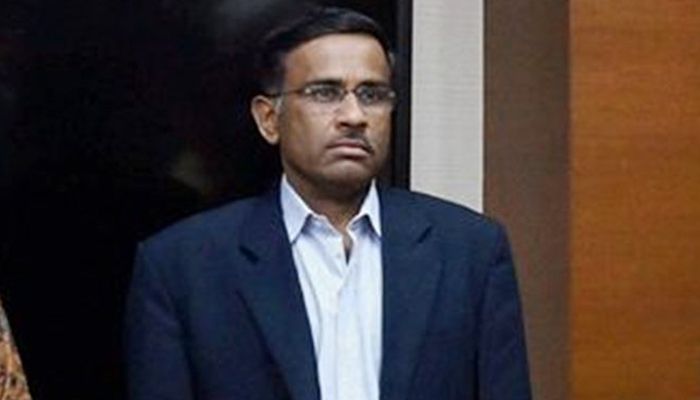TRENDING TAGS :
ICC to pass reformed financial model despite BCCI opposition
New Delhi: Apart from the representatives of India and Sri Lanka, all other ICC Board members voted in favour of reformed revenue sharing structure model, thus, paving way for it to get clearance in ICC's April Board meeting, despite strong opposition from the Board of Control for Cricket in India (BCCI).
India got Sri Lanka's support while Zimbabwe abstained when the issue was brought to floor test. Australia, England, Pakistan, New Zealand, South Africa and West Indies voted in favour of the proposed reforms in the revenue sharing as we as governance structures.
The reforms have been proposed as India, Australia and England, called the 'Big Three' among all Cricket playing nations, were supposed to get major share of revenue. The move drew strong opposition from the other Test playing nations, as well as England and Australia themselves.
BCCI representative Vikram Limaye, on Saturday, after having the first look at the official 'base document', said, "I had clearly told Board that I cannot support the official base document which is based on faith and equity. The members and chairman were sympathetic that we have just taken charge and I would need time to study the document."
Also Read: Virat Kohli as captain hopes to take Indian Cricket forward
"The chairman (Shashank) Manohar said that they have been waiting for months. The matter was put to vote and I have voted against these changes. It has been recorded in the minutes. It won't be appropriate for me to say who all voted in favour," Limaye said.
Even after the imposition of the proposed reforms, BCCI will still gain Rs 2,000 crore, but the strong opposition from the other nations against the commercial hub of Cricket was clearly visible in the matter.
Now, Limaye, who is a veteran investment banker, has time from February to April to trace the issues in the official base document. The pointed mistakes, however, would not do any benefit as it is most unlikely that the ICC Board led by Manohar would pay any heed to the issues.
The ICC also issued a statement confirming the "in principle" agreement to the constitutional and financial changes to the world body.
The Chief Executives Committee has called for a consistent use of DRS in all formats of international Cricket, including during the upcoming ICC Champions Trophy 2017, and to use the review system in World T20s going ahead (one review per side).
A full implementation plan on the use of DRS will be considered by the ICC Cricket Committee in May before approval in June 2017 for roll-out from October 2017.
ICC chairman Shashank Manohar said, "Today was an important step forward for the future of the ICC and cricket around the world. The proposals from the working group to reverse the resolutions of 2014 and deliver a revised constitution and financial model were accepted by the ICC Board and now we will work collectively to refine the detail for final sign off in April. This also allows the new BCCI leadership appropriate time to appraise the detail and contribute.
"I want the ICC to be reasonable and fair in our approach to all 105 Members and the revised constitution and financial model does that. There are still details to work through and concerns to be addressed, but the principle of change is agreed and not for debate," he said.
Vikram Limaye, who is representing the BCCI, was welcomed as a new Director to the ICC.



